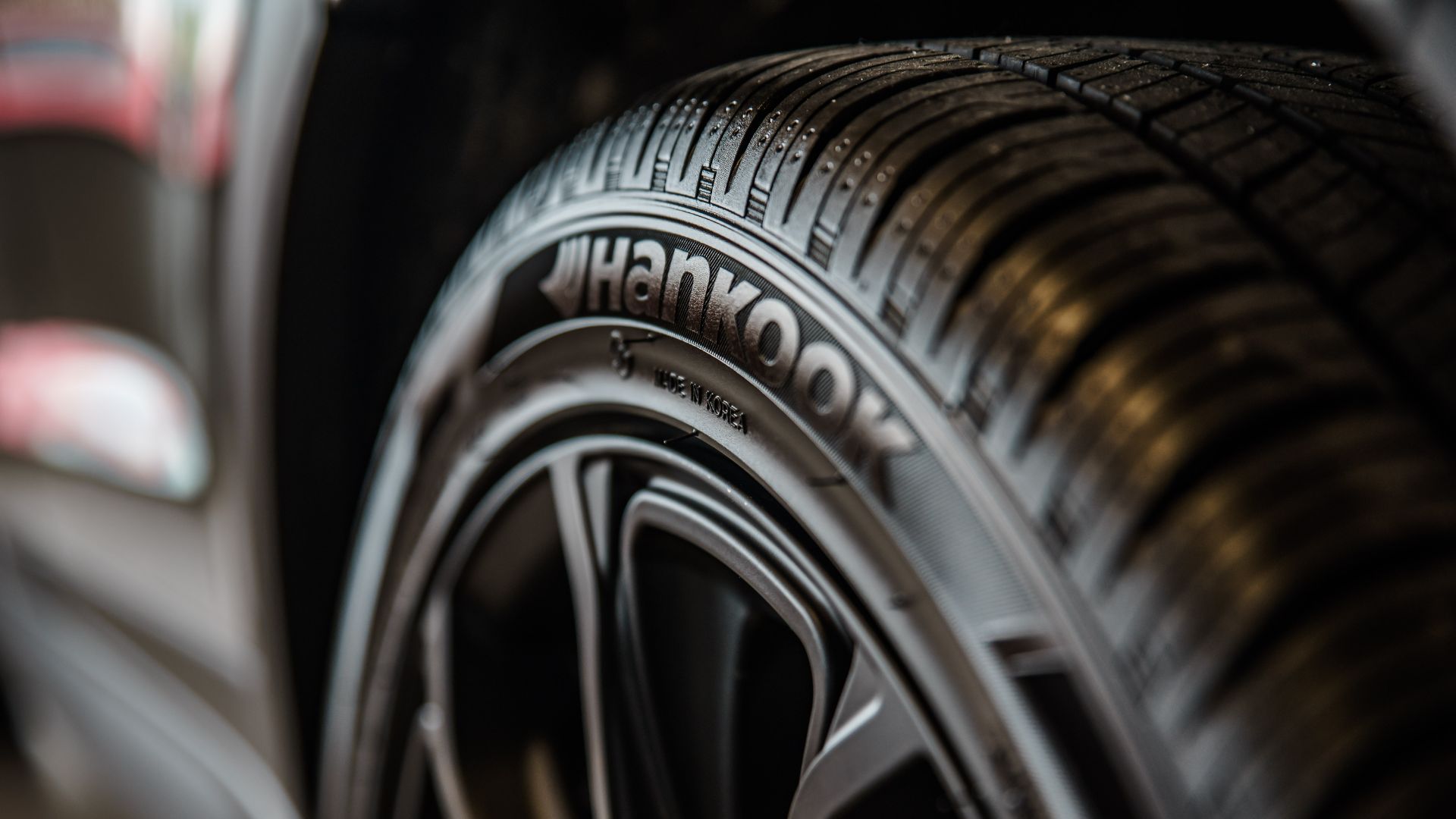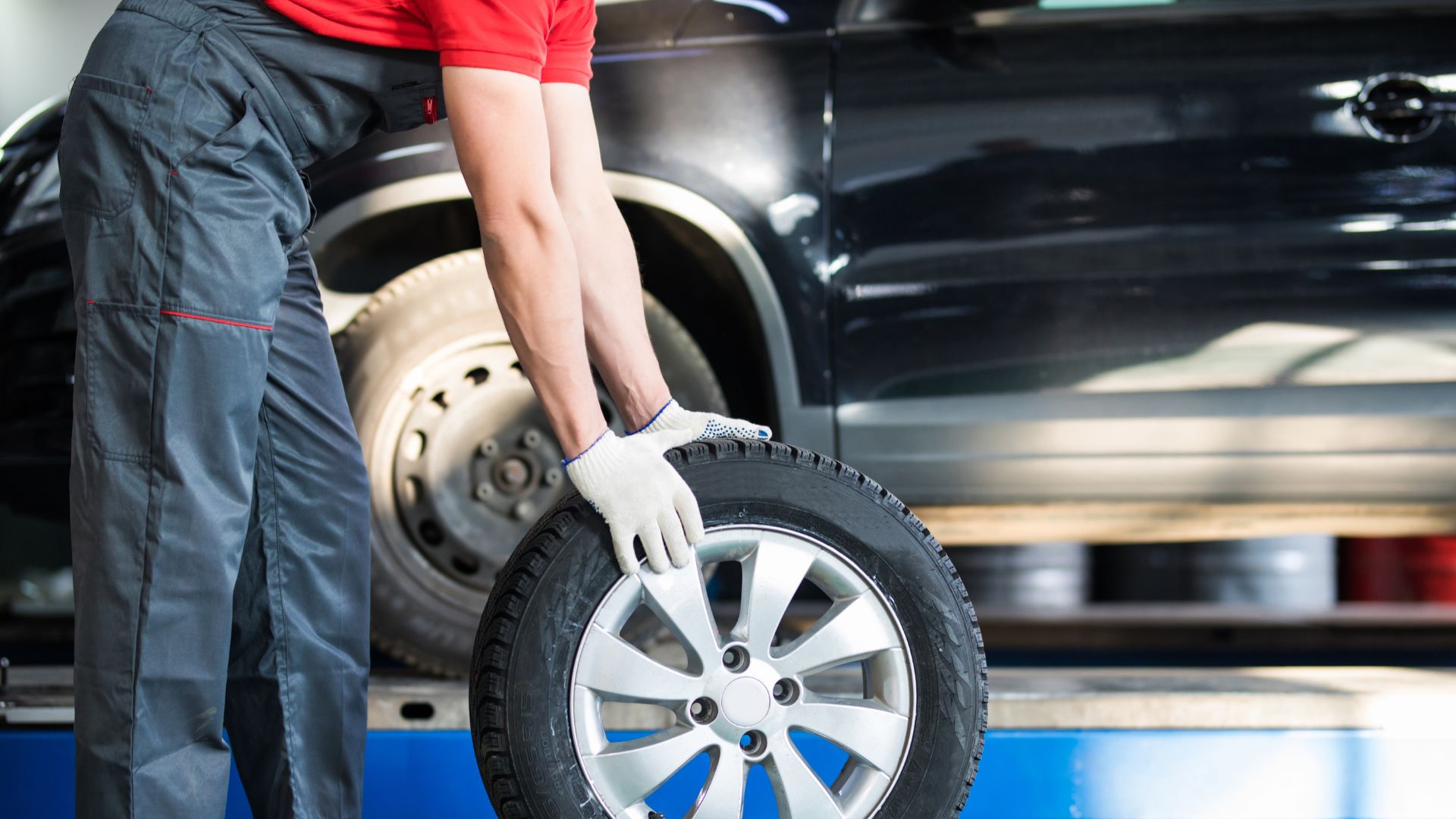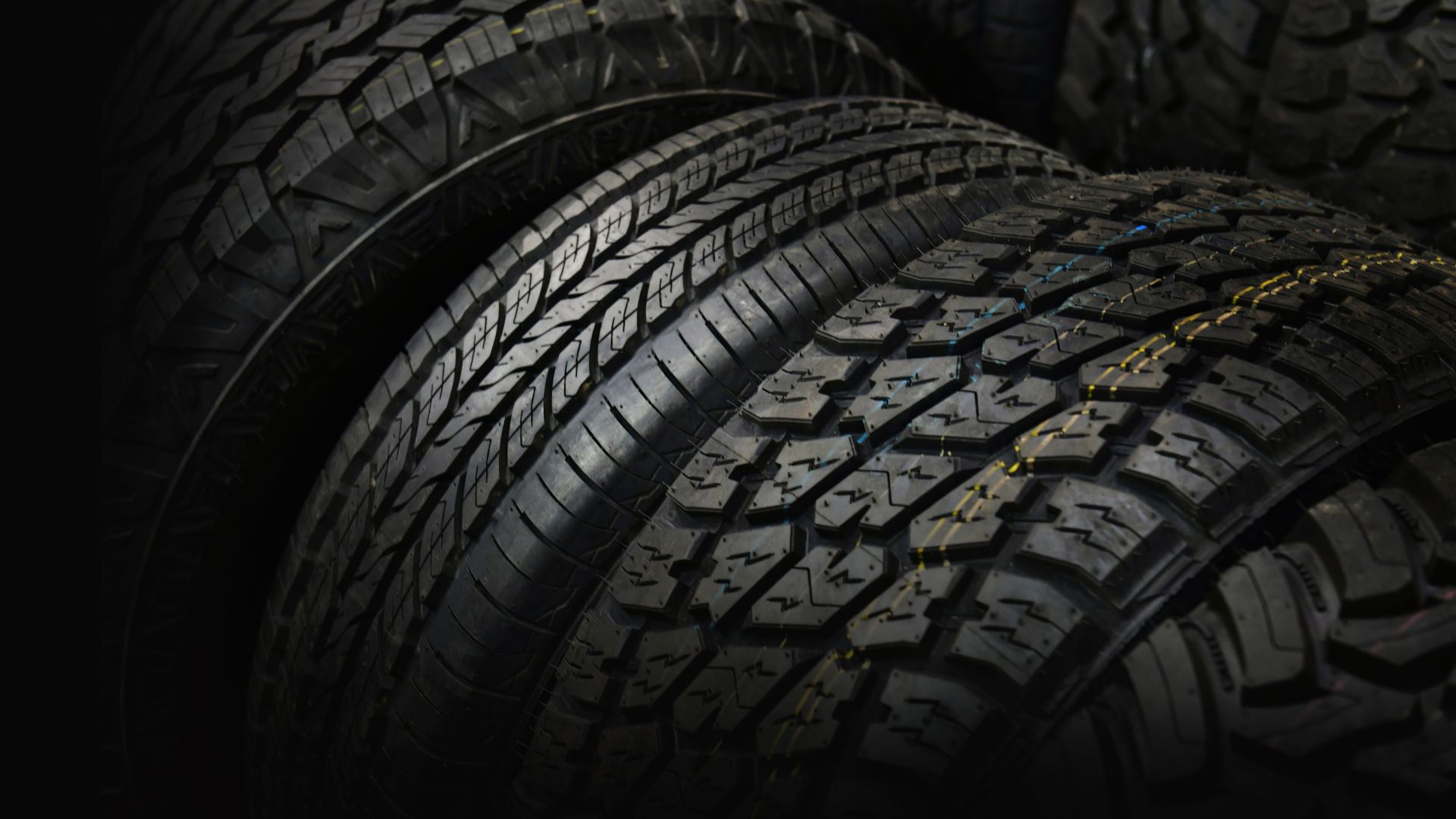For those who have ever looked at their new tires closely, you may be surprised to see that there are little rubber hairs that are sticking out of the tire itself. This is a common question that many people are curious about, and it’s best to look towards auto experts in order to explain this phenomenon.
The little rubber hairs actually have a real name: vent spews, also known as, tire whiskers. The Director of Consumer Product Strategy for Bridgestone Americas, Will Robbins, notes that these vent spews are simply byproducts of the tire manufacturing process. As the tires are made, a simple process of vulcanization occurs, which is when the raw rubber is heated and molded into the traditional shape of the tire. As the tread pattern mold is pressed into a new tire, a small portion of extra rubber will come out through tiny vents within the mold. After the tire had cooled, the rubber solidifies, leaving the small strands remaining attached to the surface of the tire.
Robbins notes that each mold is specific to the tire size and what type of tire being made. After the tire pattern is pressed into the tire’s rubber, the excess rubber will require a place to escape the mold. This is to avoid an excess of rubber within the tire. Coincidentally, there is no exact set number of vent spews on each tire. The exact number will vary based on the design and size of the tires. This being said, each tire will have vent spews, regardless of the design. The vent spews are honestly nothing more than the extra rubber that had spewed out of the vents during the tire making process.

According to Margarette Stone, who is an automotive expert at 4WheelOnline, the vent spews are absolutely necessary. The tire whiskers help make sure there are no trapped gases or air bubbles in the tire. Trapped gases or air bubbles could compromise their structural integrity and could hinder their performance.
Due to their location on the tire, the tire hairs do not make an impact on driving or safety. Furthermore, the tires will not make your tires squeak.

People are able to take the tire hairs off, but there really is no reason to do so. If you wish to do so because it is more aesthetically pleasing to you, make sure you remove them with extremely sharp scissors, or even shave them off with a fine abrasive tool. It is vital that you are extremely careful cutting the tire hairs as it would be devastating to cut the actual rubber.
Cutting the actual rubber of the tire could damage the structural integrity of the tire or even compromise their performance. Compromising the structural integrity or hurting their performance could cause an accident.
While almost all tires have the rubber hairs on them, some may not have them for a number of reasons. The rubber hairs will naturally wear away throughout the normal life of the tires. Thankfully, the presence of the tire hairs will not determine if a tire is safe. It is much more important to conduct safety checks on normal wear and tear like tread depth, cracks, or even bulges.
However, there is an instance where knowledge of tire whiskers is helpful. Tire whiskers could also help identify the difference between old and new tires.

Overall, the answer to the burning question for what the rubber hairs are on the tire are relatively underwhelming. They are simply the byproduct of the vulcanization process for the creation of new tires. This is an important process as it allows the rubber to escape, preventing the tire from having trapped gas or air bubbles within the tire. Aside from the process of creation, the tire whiskers do not have any other important duty.
Ship A Car, Inc. is your reliable partner every step of the way whether it comes to moving cars, heavy equipment, or even tires. Our knowledgeable staff is prepared to lead you through the procedure with the highest professionalism. All you have to do to get going is get in touch with our business and speak with one of our devoted transport service specialists. Feel at rest and worry-free knowing that SAC is handling all of your transportation needs. To start a smooth trip, get in touch with us immediately at (866) 821-4555.




